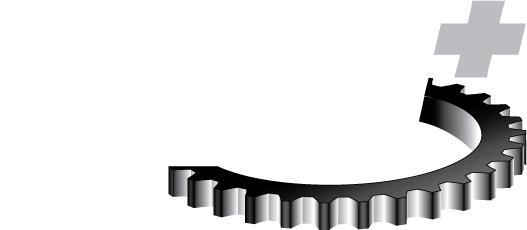
Relevant Transmission Technologies
This course provides an in-depth view of the state-of-the-art in all forms of automotive transmission design and development, focusing mostly on current and evolving technologies. The intent is to provide a timely view of the emerging technologies in automotive transmissions destined to be used in the automotive marketplace. Learners can expect to understand the known new technologies along with the focus of research and development. Current designs, the components and sub-systems used, their functional modes, how they operate, and the inter-relationships are addressed in detail. The future of the automatic transmission is also discussed. Learning materials are updated at least annually to keep this course current with the most common and latest transmission systems.
Learning Objectives
By completing this course, you will be able to identify, recognize or articulate:
- The current state-of-the-art in automotive transmission architecture, hardware, control systems and integration schemes
- The direction and focus of emerging automotive transmission technology
- Automotive transmission technology that is either declining in terms of applicability or remains viable as a possible replacement for the current systems and hardware
Who Should Attend
The intended audience for this course is powertrain engineers, component suppliers, vehicle platform powertrain development specialists, engineers involved in the application or design of transmissions, or other technical personnel who need to understand the operational theories and functional principles of modern vehicle transmission systems. The material covered in this course is targeted at several design and engineering disciplines:
- Design engineers and engineering managers
- Vehicle powertrain designers
- Component suppliers
- Powertrain test & development engineers
Prerequisites
Because this course is targeted at several design and engineering disciplines, learners should have a B.S. in engineering or related field and preferably a minimum of two years design experience in automotive powertrain.
Topics
- Overview of new and emerging mechanical power transmission technologies
- Manual transmissions
- Automatic transmissions
- Continuously variable transmission (CVT)
- Automated manual transmissions
- State-of-the-art shift strategy analysis and control system implementation
- Refinements in lubrication and cooling requirements
- Developments in lubricant and lubrication technologies
- Technological development of the CVT
- Basic theory of friction drives
- Toroidal drive technology — theory of operation; main components; benefits and limitation of the technology
- Mechatronics – theory, operation and general implementation
- Future technologies — “manualized” automatics, automated manuals; DCT, SSCT, DSCT
